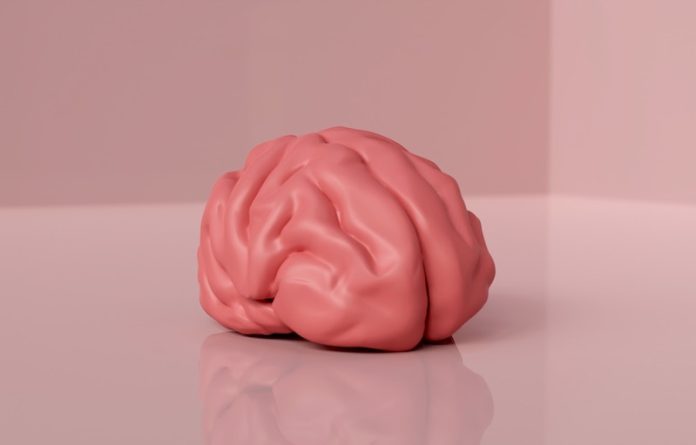
Vascular dementia is a condition where the brain doesn’t get enough blood, leading to symptoms like poor memory, lack of concentration, and loss of energy.
High blood pressure is a main cause, and now, researchers have made a breakthrough in understanding this link.
Discovering the Blood Pressure Connection
Researchers from the Geoffrey Jefferson Brain Research Centre at The University of Manchester have discovered how high blood pressure affects the brain’s arteries.
Normally, these arteries adjust their width depending on blood pressure levels. But when the blood pressure is too high for too long, these arteries stay narrow, limiting blood flow to the brain.
In mice, the researchers found that high blood pressure causes a breakdown in communication between cell structures inside the artery cells.
When these structures drift apart, the messages that tell the arteries to open up don’t get through, making the arteries stay narrow.
Potential Treatment on the Horizon
The exciting part is that this discovery might lead to new treatments.
The team believes that by finding drugs to fix this communication issue, they can help improve blood flow to the brain. This might slow down or even stop the progression of vascular dementia.
Although this discovery was in mice, the way blood vessels behave in mice and humans is quite similar.
Now, the scientists are looking for drugs that might repair this signaling problem. If successful, human trials may follow.
Broader Implications and Hope for the Future
Professor Adam Greenstein, one of the lead researchers, emphasized the importance of their findings.
By understanding how high blood pressure impacts brain arteries, there’s a new path to finding treatments for vascular dementia. And not just that—these treatments could also help in the fight against Alzheimer’s disease.
Professor Sir Nilesh Samani, Medical Director at the British Heart Foundation, highlighted the urgency of finding a solution.
With 150,000 people in the UK affected by vascular dementia and no existing treatments to stop it, the symptoms can be heartbreaking for patients and their families.
This new research offers a glimmer of hope for the future, suggesting we might finally be on the way to finding a treatment for this devastating condition.
If you care about brain health, please see recent studies about this tooth disease linked to dementia, and results showing this MIND diet may protect your cognitive function, and prevent dementia.
For more information about brain health, please read studies about vitamin D deficiency linked to Alzheimer’s and vascular dementia, and higher magnesium intake could help benefit brain health.
The study was published in PNAS.
Follow us on Twitter for more articles about this topic.
Copyright © 2023 Knowridge Science Report. All rights reserved.



